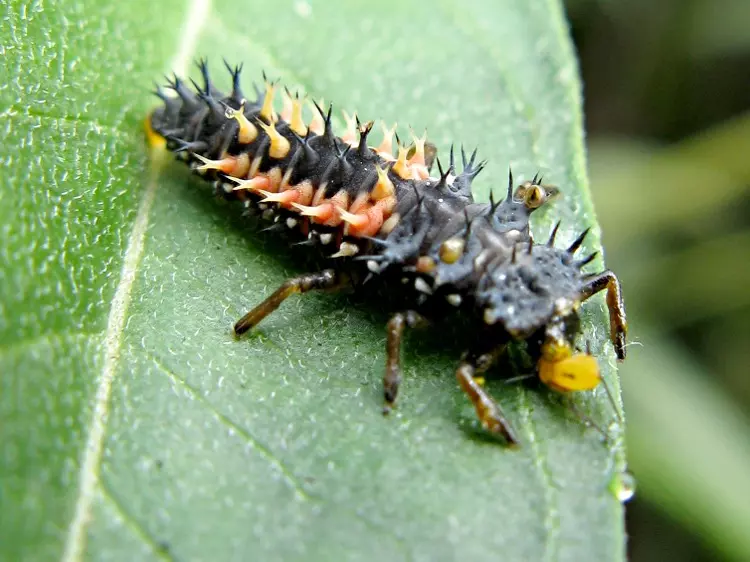Our gardening practices have evolved significantly over the years. More gardeners are adopting organic methods, working in harmony with nature rather than trying to control it. We’ve come to understand that gardens are complex ecosystems, where every creature plays a role. Disrupting this balance with insecticides or overzealous pest control can leave plants vulnerable to future infestations.
It’s important to recognize that not all pests are harmful. Some, in fact, can be incredibly beneficial to your garden’s ecosystem. By fostering a healthy, diverse environment, we support a natural food chain where certain pests help control others. Here are three pests that, in the right circumstances, can contribute to the health of your garden.
1. Slugs in the Compost
Slugs are often viewed as garden villains, but they can be quite helpful when found in your compost pile. Slugs and snails are natural decomposers, breaking down organic matter and ensuring that your compost remains rich and well-aerated. Instead of treating slugs as pests to eliminate, consider leaving them in your compost heap. As long as there’s enough material for them to feed on, they won’t spread to other parts of your garden. Plus, their eggs can provide a food source for other beneficial creatures higher up the food chain, helping to maintain the overall health of your garden ecosystem.

2. Wasps: Nature’s Pest Control
Wasps are often seen as a nuisance due to their aggressive behavior and painful sting, especially during picnics. However, they play an important role in keeping your garden healthy. As carnivores, wasps prey on a variety of smaller insects, including pests that can damage your plants. They also act as pollinators, though not as effectively as bees. While their presence may be unsettling at times, wasps can help reduce the number of harmful insects in your garden. If a wasp nest is located away from high-traffic areas, consider allowing them to remain undisturbed as they contribute to pest control.

3. Earwigs: Unlikely Predators
Earwigs are often misunderstood. While they are known to damage young plants by nibbling on their leaves, they are also effective predators of many common garden pests, including aphids. Earwigs prefer moist, dark environments, often dwelling in compost heaps or under mulch. When they venture out to feed on aphids and other insects, they help keep pest populations in check. If earwigs are not causing significant damage to your plants, it’s best to leave them alone. They thrive in areas with lots of ground cover, so planting vulnerable crops away from their favorite spots can help reduce the risk of damage.

The Bigger Picture: A Balanced Ecosystem
Pests are an integral part of any garden ecosystem. Eliminating them entirely could upset the delicate balance that allows plants, insects, and wildlife to coexist. For instance, aphids may seem like a nuisance, but they provide food for ladybugs and other beneficial insects that keep pest populations under control. By fostering biodiversity in your garden—through varied plant species, habitats, and composting practices—you create a thriving environment where both plants and wildlife can flourish.
Remember, gardens are complex systems, and pests, in moderation, are part of that system. By learning to live alongside these “pests with benefits,” you can maintain a healthier, more resilient garden that works with nature rather than against it.
